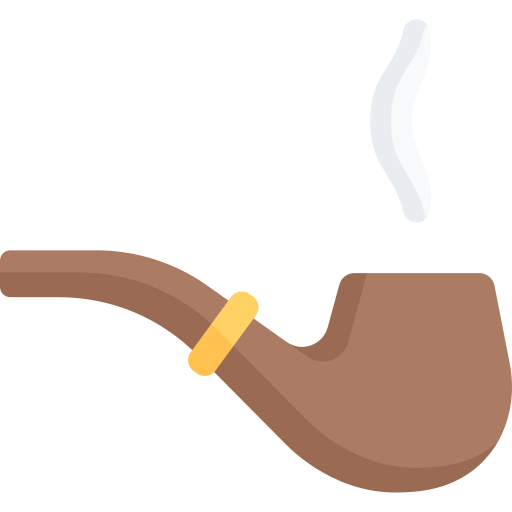The Unseen Pillars of the Household
The Elizabethan era (1558-1603) witnessed the integral role of servants and domestic staff in maintaining the functionality and order of households. While often hidden from historical narratives, these individuals were the unsung heroes who ensured the smooth operation of households ranging from the grand estates of the aristocracy to the modest dwellings of the common folk.
Household Hierarchy and Structure
Elizabethan households were organized into a hierarchical structure, with each member of the domestic staff playing a specific role. From the steward who managed the household affairs to the scullery maids responsible for cleaning and washing, each position was crucial for the efficient functioning of the household.
Roles and Responsibilities
The roles of domestic staff were diverse and encompassed a range of responsibilities. Cooks prepared meals, chambermaids attended to bedrooms, and footmen assisted with various tasks. Stable boys cared for horses, and gardeners tended to outdoor spaces. Each role contributed to the overall well-being and functionality of the household.
Invisible Labor and Recognition
Despite their contributions, domestic staff often went unnoticed by the higher echelons of society. Their work was considered invisible labor, performed behind the scenes to ensure the comfort and functioning of the household. However, their efforts were integral to the daily lives of those they served.
Interactions with the Household
Domestic staff had varying degrees of interaction with the household members they served. While some positions required constant interaction, such as personal attendants to the aristocracy, others worked diligently in the background. Their work contributed to the overall ambiance of the household and the well-being of its residents.
Training and Apprenticeship
Many individuals in domestic service began their careers as young apprentices. They underwent training to learn the skills and tasks required for their respective roles. As they gained experience, they could rise through the ranks and take on more responsibilities, often staying within the same household for extended periods.
The Legacy of Domestic Staff
The legacy of domestic staff extends beyond their immediate contributions to households. The work they performed and the skills they acquired laid the foundation for future career paths and opportunities. Many individuals who started as servants eventually transitioned into other professions, bringing with them valuable skills and experiences.
Modern Reflections
The roles and significance of domestic staff in the Elizabethan era offer insights into contemporary discussions about labor, class, and societal roles. The contributions of domestic staff remind us of the importance of recognizing and valuing the diverse forms of labor that sustain households and societies.
Unveiling Their Stories
As we delve into the roles of servants and domestic staff, we unveil stories that shed light on the intricacies of Elizabethan households. Their efforts, sacrifices, and contributions form an essential part of the historical tapestry that defines the era.
Conclusion
Servants and domestic staff were the backbone of Elizabethan households, working diligently to ensure their functionality and well-being. Their roles, often overlooked in historical accounts, were indispensable for daily life. By examining their contributions, we gain a deeper understanding of the complexities of Elizabethan society and the diverse roles that shaped its fabric.

